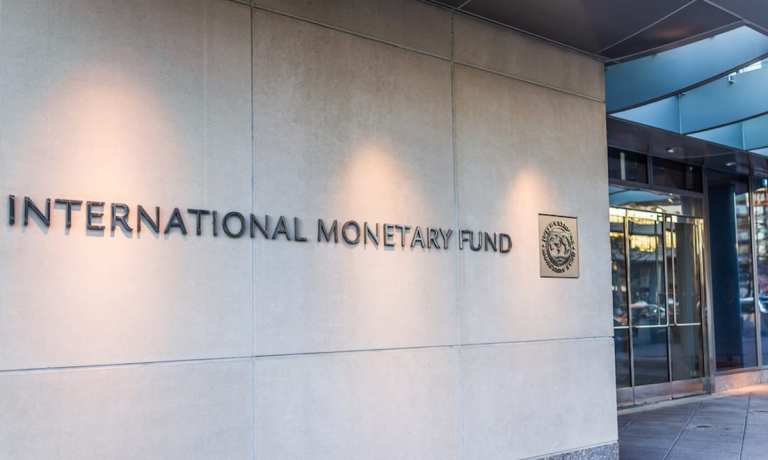The managing director of the International Monetary Fund (IMF) has urged policy makers to consider the trade-offs of central bank digital currencies, saying there is no universal case for CBDC.
CBDCs could offer more financial inclusion in some countries and form a backup payment system in others, Kristalina Georgieva said Wednesday (Feb. 9), per Bloomberg News.
However, she warned that their design should also consider financial stability and privacy to prevent a potential legislative “deal breaker.”
“Policy makers will need to resolve many open questions, technical obstacles and policy trade-offs,” Georgieva said. “If CBDCs are designed prudently, they can potentially offer more resilience, more safety, greater availability and lower costs than private forms of digital money” like “unbacked crypto assets.”
The IMF made similar comments in a blog post last year.
Learn more: IMF, TCH: Risks Can Outweigh Rewards For Cryptocurrencies, CBDCs
Advertisement: Scroll to Continue
Georgieva’s remarks came as the IMF released a report on digital currencies, which are currently being considered by several dozen nations. Some places, such as the Bahamas and Nigeria, have launched their own CBDCs, while China’s long-running digital yuan experiment has grown to include more than 100 million people.
Earlier this week, the Chinese government said it wants to “strengthen” its cross-border yuan payments infrastructure in the next five years, as part of an larger plan for financial standardization. The country says it will explore standardizing infrastructure that in turn would be connected to digital fiat.
Read more: China’s X-Border CBDC Ambitions Will Bring Digital Yuan to Broader Global Stage
Georgieva said a common thread here is that all the central banks want to minimize the impact of CBDCs on their financial systems. The digital coin projects examined by the IMF involve non-interest bearing CBDCs, which makes them less enticing for savings than traditional bank deposits. They also put limits on holdings.
Tobias Adrian, financial counselor of the IMF’s monetary and capital markets department, told Bloomberg that developing economies may face the threat of their constituents adopting the digital currencies of foreign nations.
“Dollarization has always been the struggle for countries that are viewed as being unstable,” Adrian said. Dollarization, which refers to a move to adopt the currency of a country with a bigger economy, “could be that much quicker and more dangerous” in a fully-digital world.




